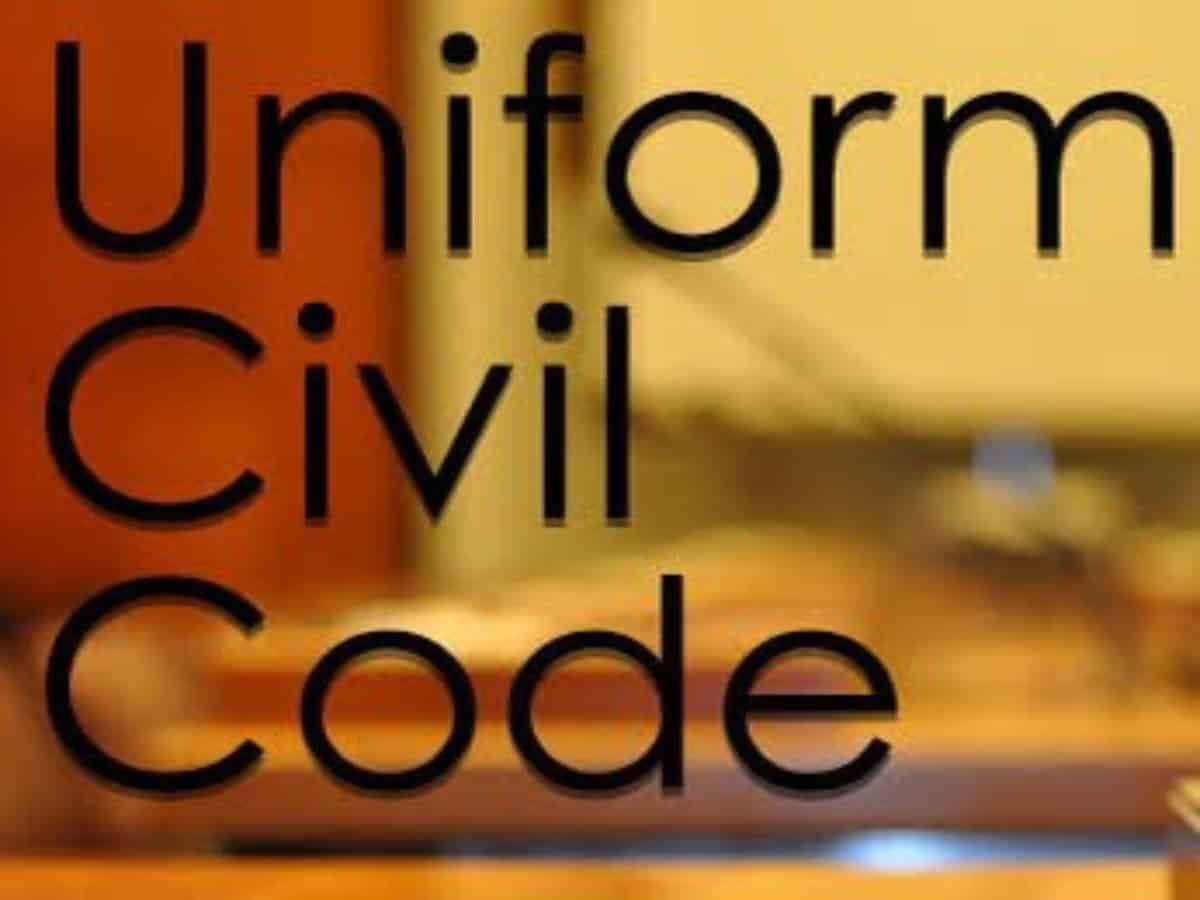
The 22nd Law Commission of India (LCI) invited public and religious organisations to hear their opinion on the Uniform Civil Code (UCC) and the commission has set a 30-day deadline. This has sparked a fresh debate on the matter.
What is Uniform Civil Code?
The Uniform Civil Code refers to a unified set of personal laws that shall apply to all citizens irrespective of one’s religious affiliations. It covers personal subjects like marriage, divorce, inheritance, adoption, and succession.
In the status quo, personal laws governing such matters are largely based on religious customs and practices.
Supreme Court advocate raises red flag
Mehmood Paracha, Senior Advocate, Supreme Court, said, “The constitution of our country has two main parts; one is the fundamental rights and second is the directive principles of state policy. In the matter of disputes among the two, the fundamental rights will take precedence.”
“In India, we have the freedom to religion, speech and propagate one’s own religion. And it is not just freedom, but every individual’s right. Dr. B R Ambedkar wanted to bring a uniform civil code because in Hinduism women were oppressed a lot. The laws of adoption, and ancestral property distribution system could be done in one way through DPSP.”
He further stated that the government today led by RSS-BJP has one point agenda and it is ‘to implement Manusmriti and make a Hindu-Rashtra’. “The top figures may not say it openly but they make their cadre say it through middle-level officers as they are determined to make Hindu-Rashtra, implement Manusmriti, and bring everyone else in the ambit of Hindu-Rashtra.”
“Muslims not the only ones most affected”
While speaking to The Siasat Daily, the senior advocate told that the most affected by the implementation of UCC will be Tribal communities. “The RSS and BJP are trying to attack tribes for a very long time. They have made their branches in tribal areas in large numbers so that the culture of tribal is replaced by Hindu culture and Hindus have been trying this very hard and spending a lot of money for the cause. The allure and pressurise people to accept Manusmriti. Everyone should accept serving the Brahmins and that is everyone’s purpose in life,” he said.
He further said, “Our organisation, ‘The Mission to Save Constitution’ have been approached by the Buddha, Buddhist, Sikh, Muslim, Parsi community. People have approached us and all these communities have different traditions of marriage, distributing ancestral property. There are thousands of tribes across India and has distinct ways of marriage, and property distribution. The BJP-led government wants to end it and UCC is a direct attempt. This is the real intention of the Uniform Civil Code.”
He further added that when fundamental rights in the country are run down, minority communities such as the STs, and SCs are exploited in the name of religion and caste. “Any honest government will protect fundamental rights first. When it comes to Article 25 against the directive principle, article 25 will stand. The Constitution has given everyone the right to religion. People should be mindful of it. SC, ST, OBC, and minorities should stop the implementation of Manusmriti,” he said.
“However, we are giving a representation in this regard to Law Commission. But there will not be anything fruitful out of it. Law Commission will not consider any kind of representation because these days every institution, be it the Law Commission, ECI, SC, Judiciary, CBI, or ED is under pressure from this establishment. Everyone should come together against it to hold a peaceful protest nationwide,” he further said.
Fundamental rights versus directive principles
Article 44 Uniform Civil Code (UCC) – “The State shall endeavor to secure for the citizens a uniform civil code throughout the territory of India.”
Mehmood Paracha said, “Before implementing this, one should be mindful of Part III Article 25 – freedom of conscience and the right to freely profess, practice, and propagate religion. Part III is mandatory. Article 44 is part IV which the state shall try. Part III always takes precedence against Part IV. Anything that is against Article 25 be it in the name of the directive principle or anything else, no law can be formed. People should understand this and everything else said is to misguide people. The underline is that anything in violation of article 25 no law of UCC can be framed by weakening or overruling the article.”
Supreme Court on UCC
The Supreme Court in March 2023 said that the Parliament should decide issues related to the Uniform Civil Code. The Supreme Court further noted that courts should not direct the legislature to enact laws.



